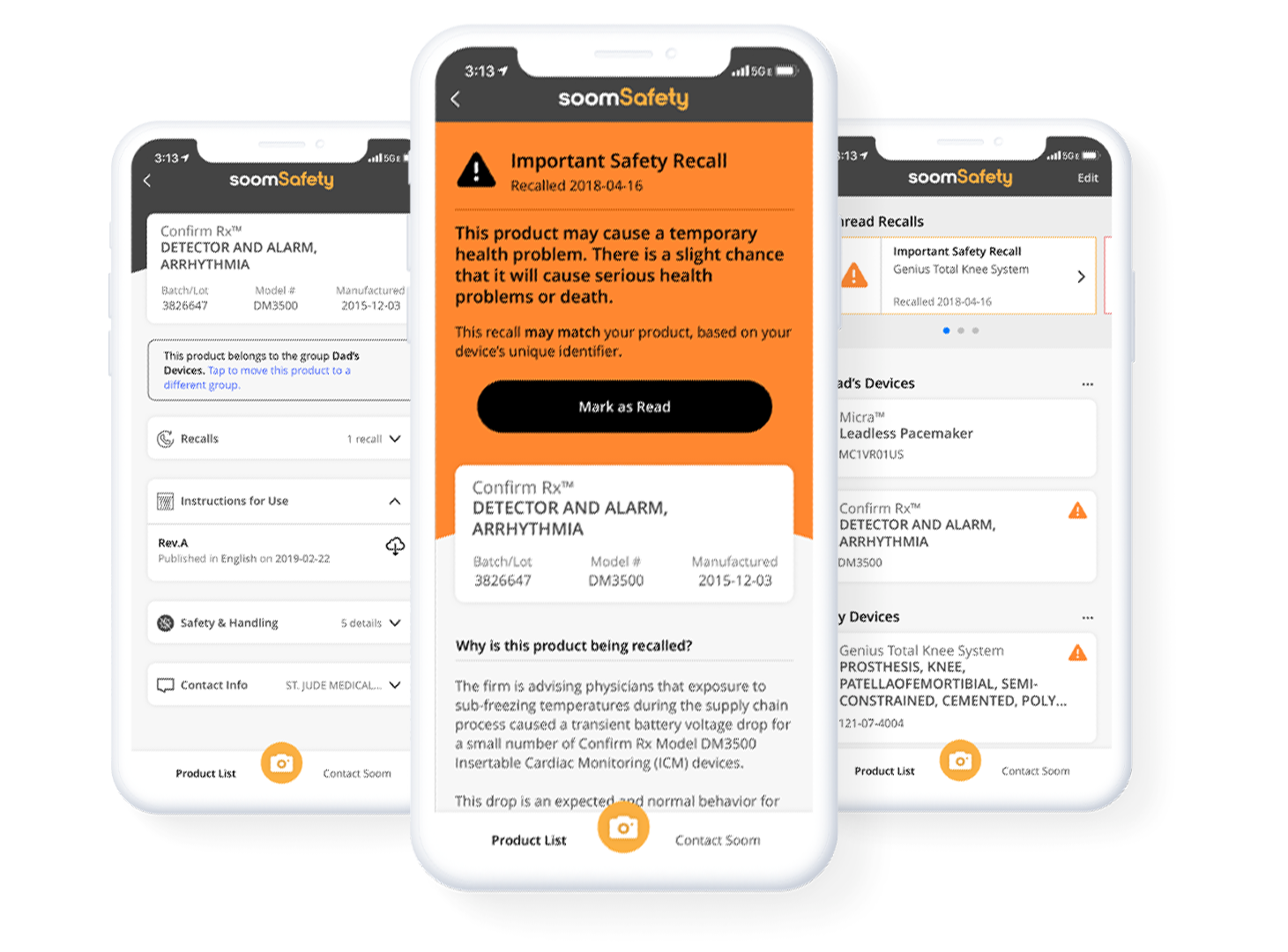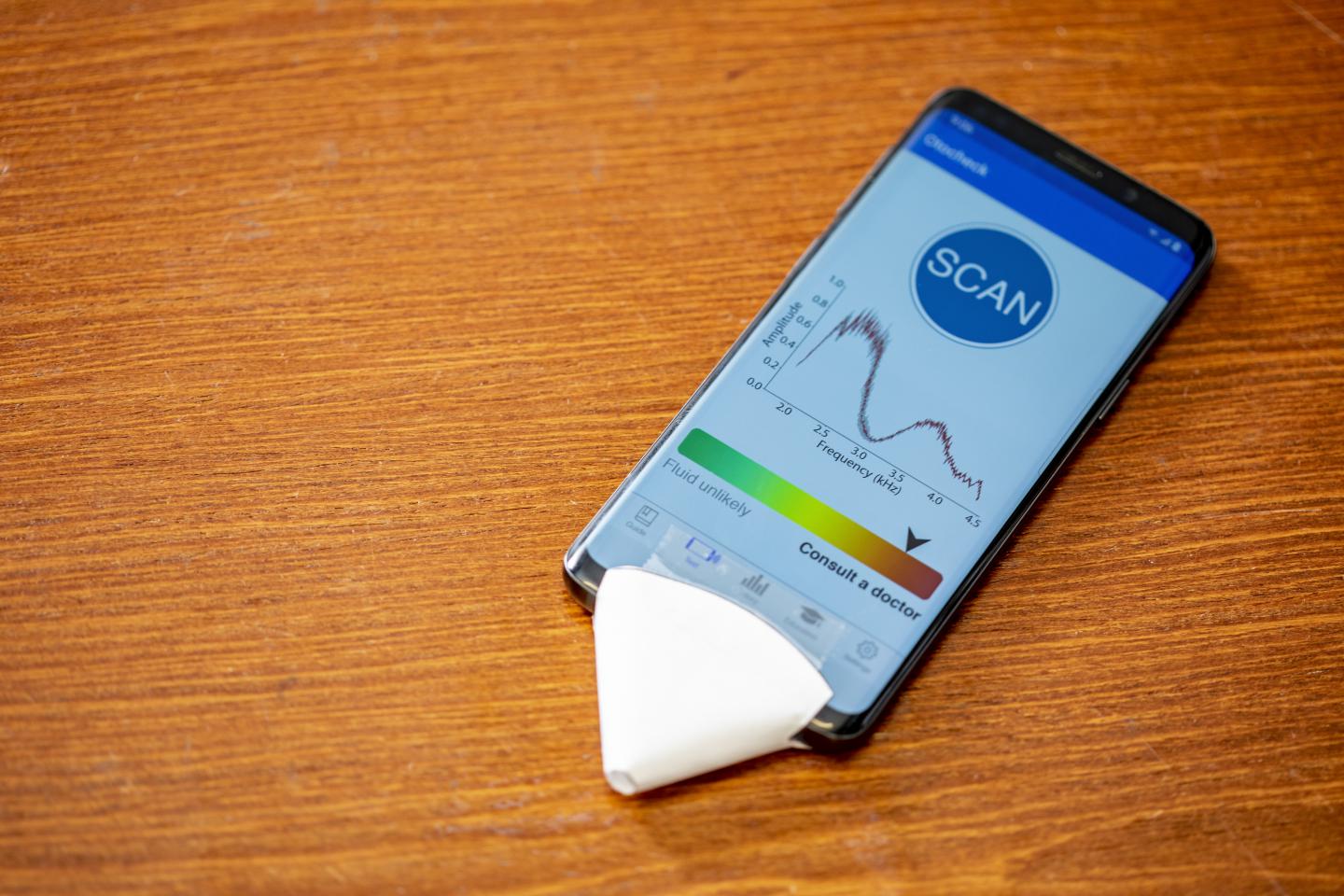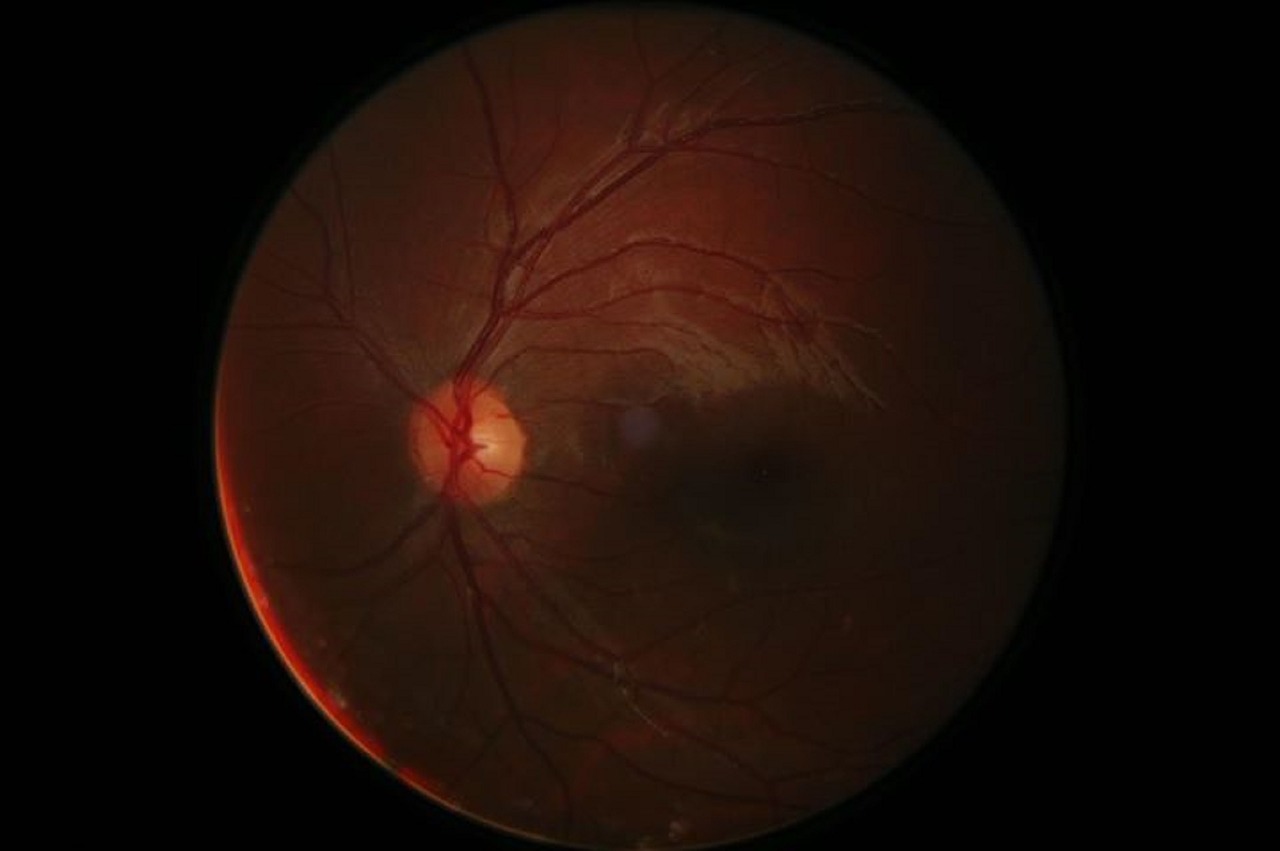Digital therapeutics took off in the healthcare industry last year, notably when Pear Therapeutics and Novartis signed an agreement to develop these technologies together. Now, a new duo is joining the digital therapeutics bandwagon: biopharmaceutical company Sanofi and digital health tech innovator Happify Health announced a partnership to develop therapeutics targeted at multiple sclerosis (MS) patients.
Happify already has a set of software-based self-care tools designed to manage stress, anxiety and depression symptoms for the general public. The agreement outlines that Happify and Sanofi will build on this platform to create tools designed to address the symptoms of anxiety and depression often experienced by people with MS.
“We’ve been preparing for our entry into prescription digital therapeutics for several years,” said Ofer Leidner, co-founder and president of Happify Health, in a statement. “Our experience as a successful direct-to-consumer application with nearly 4 million users and our commercial relationships with some of the nation’s largest health plans and multinational employers, has allowed us to develop some highly differentiated capabilities.”
In a randomized controlled trial completed in 2018, the Happify team found that users of the Happify Health app experienced a near 25 percent reduction in symptoms of anxiety and a much more profound reduction in symptoms of depression. This proven efficacy, combined with Sanofi’s efforts in digital transformation, make for an “ideal collaboration,” added Leidner.
This collaboration echoes the footsteps of Pear Therapeutics and Novartis, who formed a partnership just over a year ago. In May, Pear announced the launch of a feasibility study evaluating Pear-006, a digital therapeutic aimed at managing symptoms of depression in people living with MS. Prior to that, the pair had produced a mobile app aimed at combatting opioid use disorder, which received US Food and Drug Administration (FDA) approval in January.
People living with the chronic autoimmune disorder, MS, are about three times more likely to have major depressive disorder and 20 percent more likely to have anxiety compared to the general population, according to the National Multiple Sclerosis Society. Without appropriate intervention, the symptoms can be very debilitating for patients.
There are a number of MS drugs on the market, including Sanofi’s oral drug Aubagio (teriflunomide) and infusion Lemtrada (alemtuzumab), both of which work by targeting autoreactive immune cells. While these drugs reduce the likelihood of relapses, they do not specifically address the mental health aspects of the disease. However, a possible digital solution to alleviate symptoms of anxiety and depression could go a long way for MS patients seeking holistic care.
“We know that, for certain chronic conditions, mental health is perhaps the most significant underlying comorbidity,” said Ameet Nathwani, Sanofi’s chief medical officer and chief digital officer. “Happify Health’s ability to address mental health issues so effectively in a digital environment provides an ideal complement to Sanofi’s traditional therapies, allowing us to continue delivering on our commitment to bring innovative treatments and programs to people living with MS.”
Digital therapeutics are becoming increasingly popular as add-on or single therapies. This novel form of treatment aims to be cost-effective, accessible and patient-friendly. So far, research shows that doctors and patients are interested in adopting these technologies and the FDA has prepared guidance documents for developers.
Following development of the MS-specific digital therapeutic, Happify and Sanofi will need to submit safety and efficacy data in hopes FDA clearance. In the meantime, Sanofi has two other MS drugs in preclinical development.












Join or login to leave a comment
JOIN LOGIN